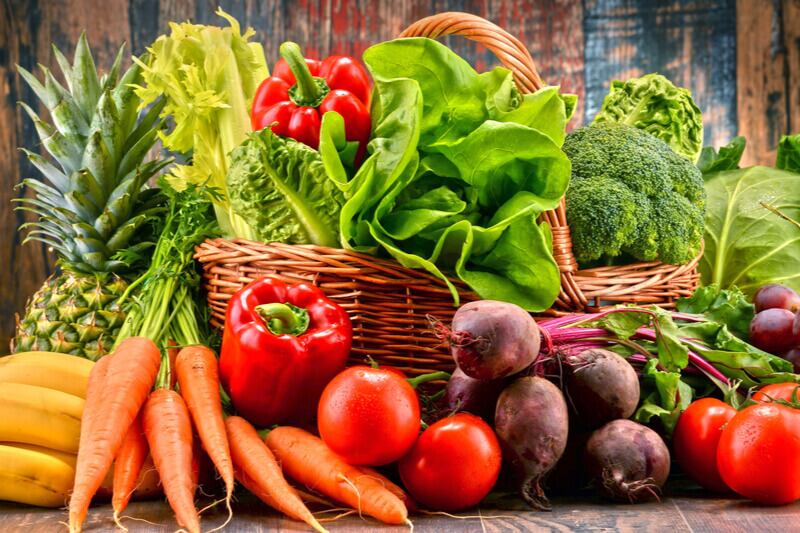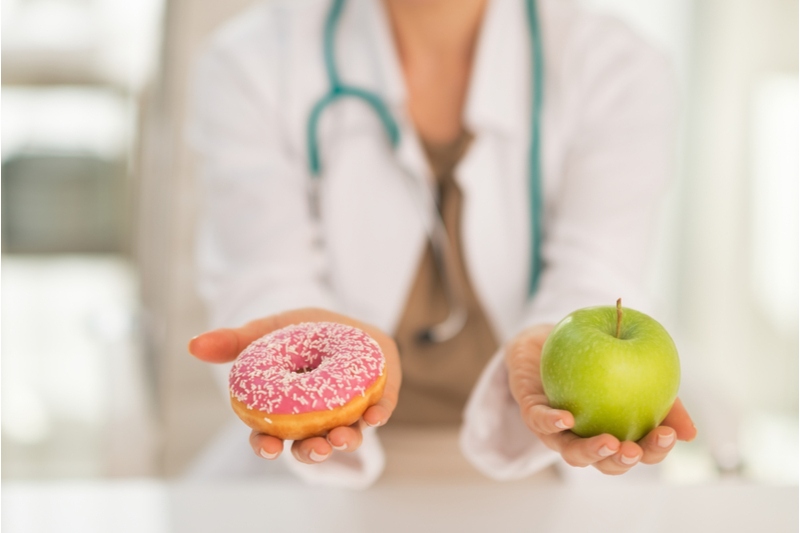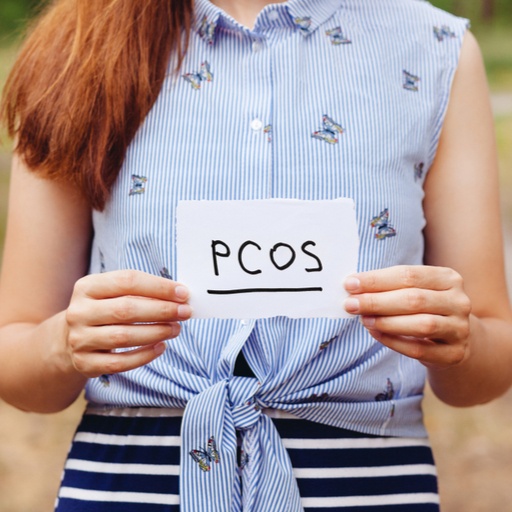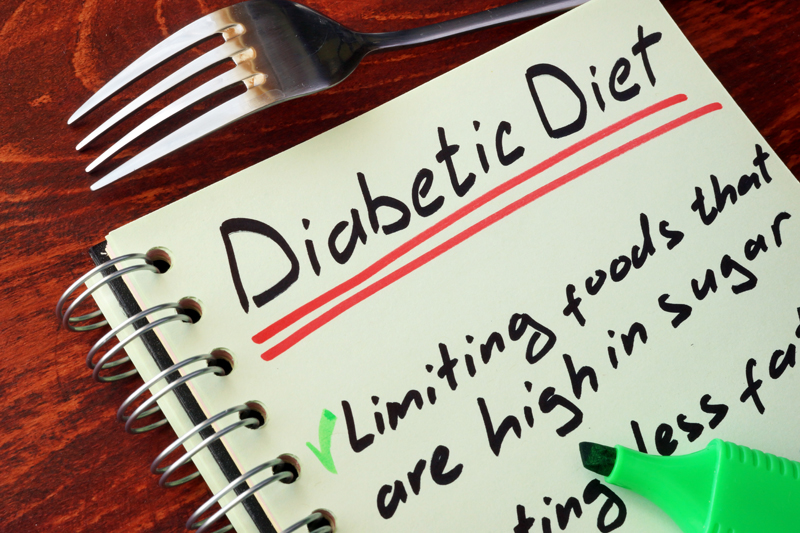A healthy lifestyle involves many choices. Exercise and eating right are always top-most on that list. As every health condition has a few dos and don’ts, choosing the right diet plan depending on your health issues is critical. If you are struggling with PCOS, small but essential changes in your eating habits can help alleviate your symptoms, increase your energy levels, and help you manage weight.
Understanding what PCOS is
Polycystic Ovary Syndrome (PCOS) is a hormonal disorder common among women of reproductive age. Women who are diagnosed with PCOS have either infrequent or prolonged menstrual periods. It involves an unstable metabolic system and hormonal imbalance. Understand that unchecked PCOS can be a gateway to serious health conditions like diabetes, depression and heart disease. People with PCOS generally have multiple cysts in their ovaries due to an excess of the hormones known as androgens. Some of the symptoms that you might experience if you have PCOS are acne, excessive hair fall, and obesity. Cutting off some foods to avoid with PCOS can help immensely. Here are some of the diseases that you are likely to get when you have PCOS:
- Heart complications
- Diabetes
- High Blood Pressure
- Increased risk of endometrial cancer
- Increased androgen hormone
Types of foods to eat with PCOS
Here are some foods that you must consume if you have PCOS.
-
Eat more vegetables and fruits
 Vegetables and fruits are packed with more nutrients per calorie than any other food. Most fruits and veggies are rich in iron, calcium, potassium, and magnesium. They are also a rich storehouse of vitamins K, C, E and many B-complex groups. All these are known to help reduce PCOS symptoms.
Vegetables and fruits are packed with more nutrients per calorie than any other food. Most fruits and veggies are rich in iron, calcium, potassium, and magnesium. They are also a rich storehouse of vitamins K, C, E and many B-complex groups. All these are known to help reduce PCOS symptoms.
-
Lean protein foods
Including lean protein sources in your diet is beneficial for managing PCOS. Foods like skinless poultry, fish, tofu, and legumes are excellent choices. Lean protein rich food sources are one of the very nutritious dietary options. Protein helps stabilize blood sugar levels, keeping you full and satisfied for longer periods, thus reducing cravings for unhealthy snacks. Moreover, lean proteins contribute to maintaining muscle mass, which is essential for improving metabolism and body composition.
-
Anti-inflammatory foods
Food sources with anti-inflammatory foods can be very helpful in managing the symptoms of PCOS. Consuming these foods regularly may assist in reducing the severity of PCOS symptoms and promoting better overall health. Moreover, turmeric, ginger, and garlic are excellent spice additions to your meals, as they have natural anti-inflammatory effects.
Here are other examples of anti-inflammatory foods:
- Spinach
- Kale
- Tomatoes
- Olive oil
- Almonds
- Walnuts
- Fatty fish high in omega-3 fatty acids
-
Low GI (glycemic index) diet
Your body takes more time to digest low-GI foods. In other terms, low GI foods don’t cause spikes in your insulin levels like sugary or highly processed carbs.
Some examples of low-GI foods are
- Whole grains
- Nuts
- Seeds
- Fruits
- Starch filled veggies
You can also incorporate the DASH diet to reduce the risk of heart disease.
Food types to avoid with PCOS
Here are some of the foods to avoid with PCOS. Avoiding these food types can help you in managing your health conditions:
-
Ditch processed and refined food
In PCOS, the crux of eating healthy is to consume food that is low in calories and preservative-free. Consuming food in its most natural state keeps us healthy. In order to keep them in check, cutting down on processed and refined food helps immensely. Processed meals are one of the foods to avoid with PCOS. Opt for whole gluten-free grains like oats, brown rice, and millet instead of white flour, pasta and bread.
-
Avoid sugar
 Women with PCOS have high insulin levels, and eating too much sugar will only add to their existing problem. Also, it makes weight management more difficult. Eating food that has less sugar and simple carbohydrates can help you manage weight and reduce the risk of diabetes. Avoid sweetened juices, cakes, cookies, sodas and those delectable desserts in your refrigerator. Added sugar in drinks is one of the foods to avoid with PCOS Opt for food that has natural sugars like fruits, jaggery, honey, and dates instead of artificial sugar.
Women with PCOS have high insulin levels, and eating too much sugar will only add to their existing problem. Also, it makes weight management more difficult. Eating food that has less sugar and simple carbohydrates can help you manage weight and reduce the risk of diabetes. Avoid sweetened juices, cakes, cookies, sodas and those delectable desserts in your refrigerator. Added sugar in drinks is one of the foods to avoid with PCOS Opt for food that has natural sugars like fruits, jaggery, honey, and dates instead of artificial sugar.
-
Avoid drinking liquor

Alcohol consumption increases the risk of developing PCOS and adds to the hormonal imbalance by increasing estrogen levels. Alcohol gets converted to sugar immediately in our body, thereby raising the high blood sugar levels even further. So, alcohol is definitely a no-no as far as PCOS is concerned.
-
Reduce sodium intake
One teaspoon of salt contains more than a day’s requirement of sodium, and high sodium leads to excessive water retention in our bodies. Women suffering from PCOS have a lot of water retention anyway. So excessive salt adds to their problem. Stay clear of salty snacks throughout the day. Consume nuts and fruits instead. Not only does it give you important nutrients, but it also helps you keep your sodium levels under control.
Lifestyle changes in PCOS
Here are some of the lifestyle changes that you can consider if you have PCOS:
- Consider including physical exercises and movements. 150 minutes of exercise in a week is considered ideal.
- Limit intake of refined carbs, which can help in reducing resistance to insulin.
- Aim for a consistent sleep cycle to maintain the circadian cycle and balance and reduce stress.
- Consider incorporating meditation techniques, yoga postures, and deep breathing exercises to reduce stress levels. Excessive stress can disrupt hormone regulation and worsen the symptoms of PCOS.
- Educate yourself about PCOS to understand the condition better, enabling you to make informed decisions about your lifestyle and health.
Living with PCOS can be a struggle. Therefore, consider resting on a PCOS-friendly diet and making certain lifestyle changes. Remember that the PCOS diet contains certain food that you must regulate. Nevertheless, they come with health benefits. Consider substituting and balancing your diet.
Stay tuned to the Activ Living Community. Keep up to date with the latest health tips and trends through expert videos, podcasts, articles, and much more in nutrition, fitness, mindfulness, and lifestyle conditions like Asthma, Blood Pressure, Cholesterol, and Diabetes.
You may also be interested in the following blogs:
- Stamina vs Endurance: Understanding the Difference and Building Your Physical Resilience
- Eat These 5 Fiber-Rich Foods And Say Goodbye To Digestive Problems!
Popular Searches
How to lower blood pressure | Fruits good for liver | Unhealthy foods | Ragi Benefits | Basal Metabolic Rate | Acupressure points for High Blood Pressure | Ayurvedic medicine for blood pressure | How to control cholesterol at home | Homeopathy for Asthma | Biological Age | Home remedies for TB | Natural beta blockers | Negative effects of internet | Types of walking | Blood pressure calculator | Blood sugar calculator | BMI Calculator






 1800-270-7000
1800-270-7000










Maintain a healthy anti-inflammatory diet. This means focusing on fruits, vegetables, healthy fats like nuts, avocados, and olive oil, and the cleanest proteins you can get your hands on. Avoid sugar, processed foods, and refined flours as much as possible. Thank you so much for sharing.